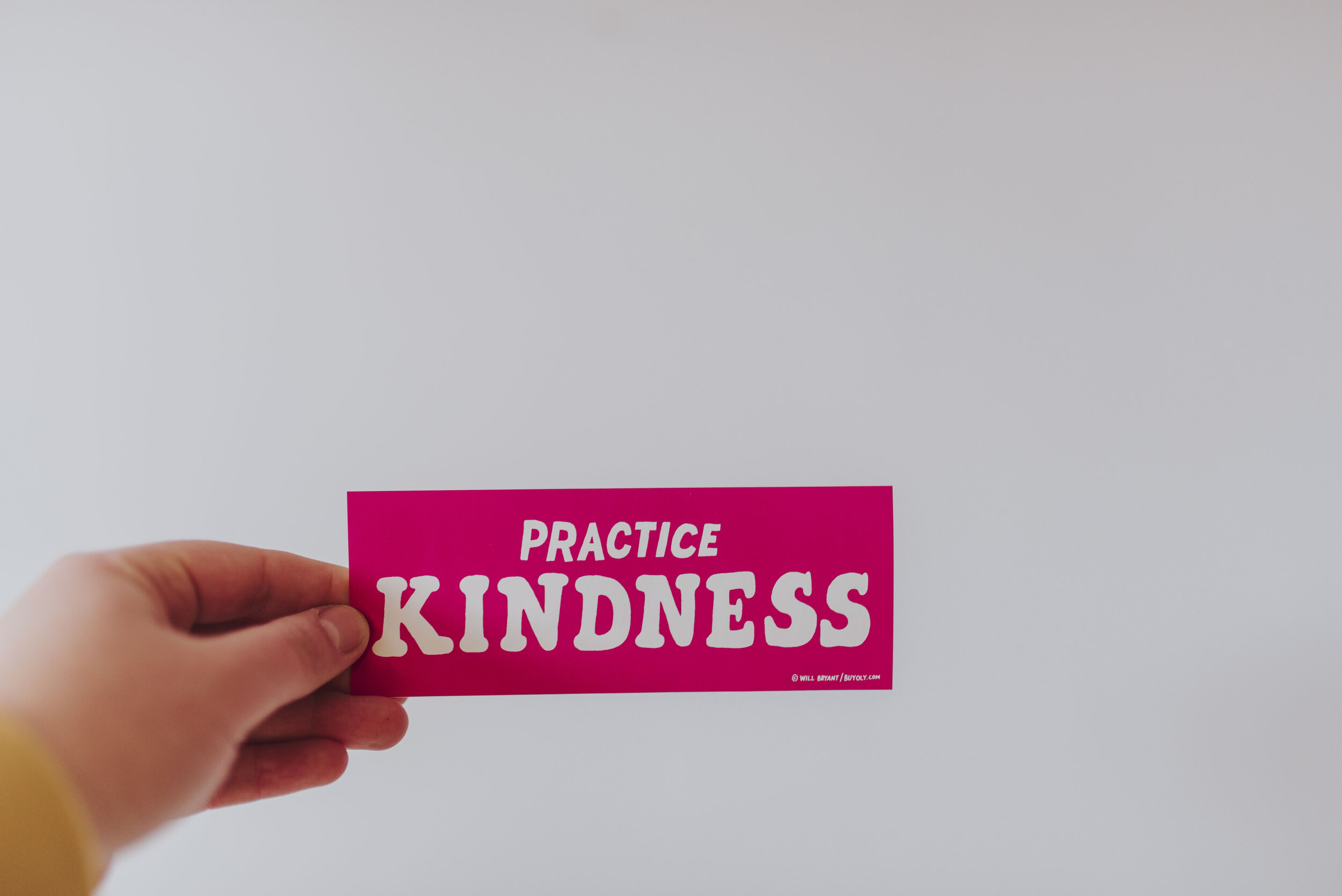I am often asked how I came to be a therapist. I have a few versions of my answer, all depending on what I believe will be the most helpful for the person asking. If the question is intended to answer a question about how to pursue a degree in psychology and become a practicing psychologist, I provide the version that outlines my professional development path towards becoming a psychologist.
But sometimes I’m asked because someone really wants to know what, in my heart, led me to this point in my life where I choose to sit across from individuals or stand in front of an audience to talk about perfectionism, stress, burn out, self compassion, and value-centered living.
To answer this in the most authentic way I know how (which is always what I aim to do), this entails that I dig deeper to share a more personal version of the answer.
This means I have to tell you how intimately I know what it’s like to struggle with overwhelming amounts of stress, self-criticism, a perfectionistic mindset, and being confused about whether I am living from a true set of values.
At the end of this post, I will share what I have learned and how you can change, grow, and heal too. I include a couple of resources that I’ve used to help me overcome the perfectionistic mindset and to stop being so mean to myself.
It Started When…
I mentioned in a previous blog post that perfectionism is a habit and it starts early.
Perfectionism is a habit just like many others we have built that has been developed over time. (read more here)
I grew up in a Korean household, raised by two willful Korean parents who immigrated to the States to get their education and raise a family. They provided a ton of opportunities for me through their hard work and close oversight of my life. I’m eternally grateful to them for this (Hi Mom and Dad if you ever read this!)
There was also a dark side to this upbringing, however. I experienced what may feel familiar to many of you. I instilled a lot of messages about high achievement, the importance of hard work, self-discipline and “doing well” (aka really well). With the sort of history and background already embedded in my family vis-a-vis my parents, merely “doing your best” wasn’t really an option. And to be honest, this was a lot of pressure.
When you couple external pressure + being young + living in a competitive environment + an internal desire to please, what do you get?
A young woman who learns that in order to be successful:
you must work hard all of the time
other people are better than you
not working means you’re lazy
you can always do better
there is such a thing as perfect
All of those “life lessons” combined was the perfect storm for perfectionism and all the mindset habits that came along with it.
The process of un-doing old messages of perfectionism
I started off this post by talking about how I came to be a psychologist and doing therapy with people. What did that do for me in terms of how I got to be where I am now working with folks like you?
Throughout the years of working towards becoming a psychologist, I learned this important truth:
The types of thoughts you have about yourself and situations impact your feelings and behaviors including how you talk to yourself.
The types of thoughts you have about yourself and situations impact your feelings and behaviors including how you talk to yourself.
I became increasingly aware that my self-critical thoughts like “you’re not good enough”, “you have to do better next time” “so-and-so is better at this than you” were all affecting my feelings. In other words, when I told myself that the work I did was crap, I felt like crap. Feel familiar?
Fortunately because I was invested in wanting to live a better life that did not include crapping on myself on a regular basis, I took the knowledge and skills I built through my education and training as a psychologist and I prioritized the practice of shifting the way I thought of myself and how I talked to myself about myself and about situations I encountered. In other words, I learned how to practice self-compassion instead of self-criticism.
I’ve Come A Long Way from Perfect and You Can Too
It has taken years of practice and a lot of support (yes therapists seek therapy too!) to be where I am now. It continues to be a daily intentional practice to shift how I be-friend myself. If there’s one thing I remind my clients over and over again, it is that this will not be a one-stop shop fix or cure type of situation. You have spent years habitually treating yourself a certain way so it will absolutely take a lot of daily work to un-do that habit and re-learn new habits of self compassion and taming the inner critic.
The good news is you don’t have to be a psychologist or have anything to do with the mental health field to learn how to be kinder to yourself. You can start wherever you are today by first acknowledging that it is possible and powerful to shift how you feel about yourself by shifting how you talk to yourself.
And you do need to actually do the work, by the way. So here is how you can start. I’ve included some resources that have helped with my own self-compassion practice.
Tame The Self Critic
What are the thoughts that pop into your head when you encounter a problem or you make a mistake?
Example: Ugh, I can’t do anything right.
The inner monologue you have regularly that is usually a negative one needs to be changed by tending to it with more kindness.
Try out this basic meditation to tame your inner critic (found on Mindful.org). This includes a guided audio meditation (12 minutes). There is also a written transcript of the meditation so you can read through how to practice this on your own.
I have practiced these types of meditations and find them helpful because a) someone is guiding me, and b) it’s not about forcing your thoughts out or stopping them.
Know that You are Not Alone
The inner critic and perfectionistic side of us likes to tell us that we are the only one struggling or the only one who can solve whatever problem is at hand. This simply isn’t true. The power of asking for help and reminding yourself “I am not alone. Others have their own inner critics too” can take off some pressure from yourself.
What I like to do is tell myself that “I am feeling this way right now because I am human”. Reminding myself that I am human grounds me in the fact that I am part of a much larger group of people who struggle with similar feelings and that I can overcome them too just like countless others have.
Also, talking it out with someone else very quickly sheds light on the fact that I am not alone because more often than not, one of the things I hear is “me too.” And that “me too” allows me to breathe a sigh of relief.
Read more about self-compassion and this concept of “common humanity”.
Conclusion
My intention of sharing some part of my own journey with perfectionism and the inner critic was so you can feel less alone, you have hope that you can also relate to yourself with more compassion, and you can heal from the harsh messages you may have grown up with or have been telling yourself for way too long. You can practice, even in the smallest of ways, a bit of self compassion and un-do the habits of perfectionism.
If you have anything you’d like to share about your own journey with perfectionism and how you have coped with it, please share with me in the comments below (or feel free to shoot me a personal message). I’d love to hear from you and support you in your process!




